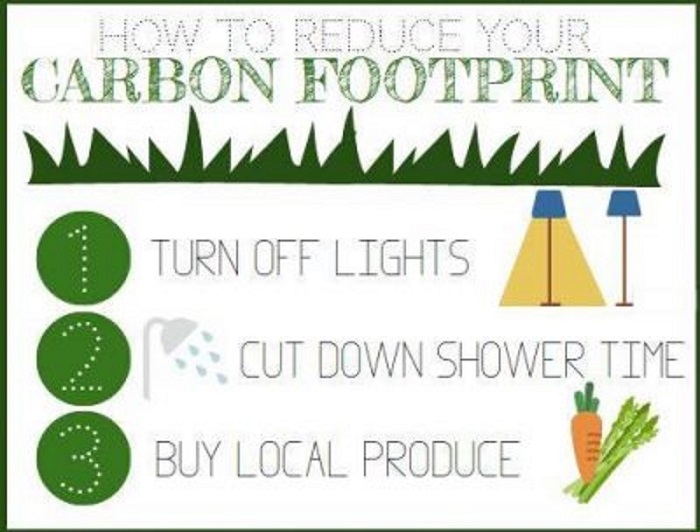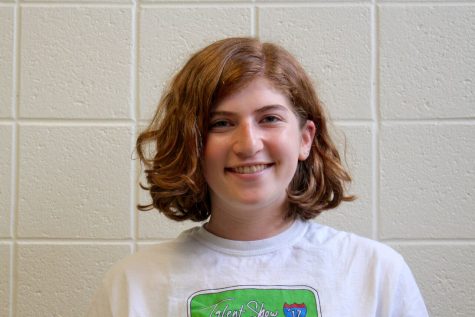How Bethesdans can reduce their carbon footprint
January 5, 2017
Footprints in the sand leave a small, brief impression. Carbon footprints on the environment leave a large, lasting one. People release carbon dioxide into the atmosphere through many common, daily activities. This results in the depletion of natural resources, a rise in sea levels and higher global temperatures.
Many students and faculty participate in groups or events around the Bethesda area to try to shrink their personal carbon footprint.
Senior Justine Henninger, the co-president of the Whitman Green Team which educates students about actions like polluting and recycling, has many recommendations for small ways to decrease CO2 output around the house other than common habits like turning off lights and appliances when they’re not being used.
“One way to help would be buying local produce or starting your own garden, and starting a compost at home,” Henninger said.
In addition to eating at restaurants that supply local food, AP Environmental Science (APES) teacher Kelly Garton suggests limiting meat consumption. This results in fewer cows being bred, which will keep carbon emissions down, as cows contribute methane from their gas into the atmosphere, which absorbs the sun’s heat and warms the earth.
“It could easily be argued that eating less meat would significantly lower your carbon footprint as Confined Animal Feeding Operations account for a large amount of methane released into the environment,” Garton said.
Garton shares documentaries and videos in class of the effects of the meat-producing industry, incorporating the damaging results it has on carbon emissions. Some students have been affected enough by the videos to change their diet.
“The videos explained that cow manure releases methane into the atmosphere and significantly heightens the amount of CO2,” junior Esmée Najafi said. “The fact that it’s so harmful to the environment and also how much abuse goes on in the industry really made me sick. I’m a vegetarian now because of those APES videos.”
We need to protect our planet because the earth grounds us, gives us food and water, and it is the only home we have
— senior Justine HenningerAPES isn’t the only class with an environmentally-conscious curriculum at Whitman. The new Introduction to Biology course includes a unit on invasive species, biology teacher Janice Bauroth said. Some of the pesticides and other defenses used to combat these species release carbon dioxide into the atmosphere.
“Kudzu, snakehead fish, stink bugs and the domestic cat are all present in our region and studied during this unit,” Bauroth said.
Another way to combat invasive plants endangering those that are native to the ecosystem is to clean up the area and plant natural species. Bauroth is a member of the Weed Warrior group that removes invasive plants in Montgomery County.
Senior Dawson MacKay spends his time working to clean the area, specifically bodies of water.
“I try to clean up the river, as I’m a big white water kayaker and I spend all spring and summer out on the water,” MacKay said. “If they get all dirty, then I can’t go in them.”
Larger organizations also exist for those who want to combat climate change and participate in environmental protection outside of the Whitman community in larger areas such as DC or the Chesapeake Bay. The Chesapeake Bay Foundation offers many volunteer positions along with memberships—which keeps citizens informed about Bay related activities—and opportunities to donate to the cause.
“Our goal is simple: reductions in carbon emissions to help clean the bay,” Chesapeake Bay Foundation volunteer Dale Murphy said. “And whether growing oysters, planting trees, or helping in our offices, there are plenty of ways you can contribute.”
Students are aware that keeping our earth clean starts with keeping our community clean, Henninger said.
“We need to protect our planet because the earth grounds us, gives us food and water, and it is the only home we have,” Henninger said.







